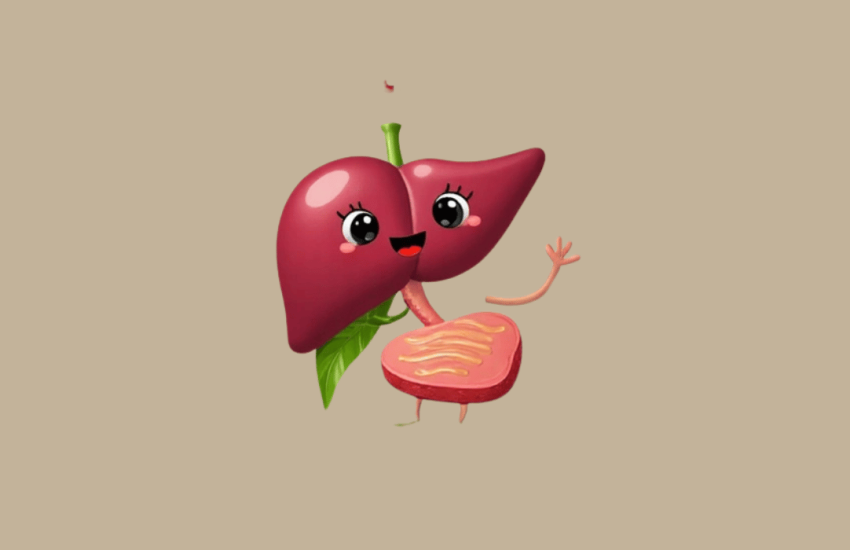Early Warning Signs of a Heart Attack: What Your Body Might Be Telling You
Heart attacks are among the most common and life-threatening medical emergencies worldwide, especially in the United States, where heart disease ranks as the leading cause of death. However, the body often sends warning signs months before a heart attack occurs. Recognizing these signs early can help you take action to protect yourself and those you care about.
Understanding Heart Disease
Heart disease encompasses a range of conditions that impair the heart’s ability to function. These include:
- Coronary Artery Disease (CAD): Caused by blockages in the blood vessels supplying the heart.
- Arrhythmias: Irregular heartbeats, whether too fast or too slow.
- Congenital Heart Defects: Structural issues present from birth.
These conditions increase the risk of a heart attack, which occurs when oxygen-rich blood flow to a section of the heart is blocked. Without immediate intervention, this can lead to permanent damage or even complete heart failure.
How to Protect Your Heart
Adopting a heart-healthy lifestyle can significantly reduce your risk of heart disease. Here are some key steps:
- Follow a Balanced Diet: Incorporate vegetables, fruits, whole grains, and lean proteins.
- Exercise Regularly: Engage in moderate physical activity to improve cardiovascular health.
- Supplement Wisely: Consider iron and omega-3 fatty acid supplements to support heart function.
Even with these precautions, it’s vital to stay vigilant for signs that your body might be at risk. Below, we’ll explore six early warning signs of a potential heart attack.
Six Warning Signs of a Heart Attack
1. Chronic Fatigue
Feeling tired after a long day or strenuous activity is normal. However, if you experience persistent fatigue that doesn’t improve with rest, it could indicate that your heart is struggling to pump blood efficiently. If this fatigue persists, consult your doctor.
2. Sleep Disturbances
Frequent awakenings at night, excessive thirst, or needing to use the bathroom multiple times during the night might be subtle signs of heart stress. If these disruptions occur without an obvious cause, it may be worth discussing them with a healthcare provider.
3. Shortness of Breath
A common yet overlooked symptom, shortness of breath can occur when the heart struggles to circulate oxygen-rich blood throughout the body. This may happen during light activity or even while at rest and should not be ignored.
4. Indigestion or Stomach Discomfort
Occasional indigestion is often harmless, particularly after eating certain foods. However, frequent or unexplained stomach discomfort can be an early indicator of heart trouble. If it persists, seek medical advice.
5. Unexplained Anxiety or Panic
Sudden or unexplainable feelings of anxiety or dread can sometimes precede a heart attack. This may be due to the body reacting to changes in heart function. If these feelings are persistent or severe, it’s important to consult a professional.
6. Weakness or Heaviness in the Arms
When the heart isn’t getting enough oxygen, it may send signals to the nerves connected to the spine and arms, causing sensations of heaviness, numbness, or weakness in one or both arms. If this occurs suddenly, it could be a warning sign of a heart attack.
Take Action and Stay Informed
Recognizing these warning signs could save your life or the life of someone close to you. If you experience any of these symptoms, don’t wait—seek medical attention immediately.
Share this knowledge with your loved ones to help them recognize these signs as well. Early detection and intervention are critical when it comes to heart health. Remember, taking care of your heart today can ensure a healthier, longer life tomorrow.


